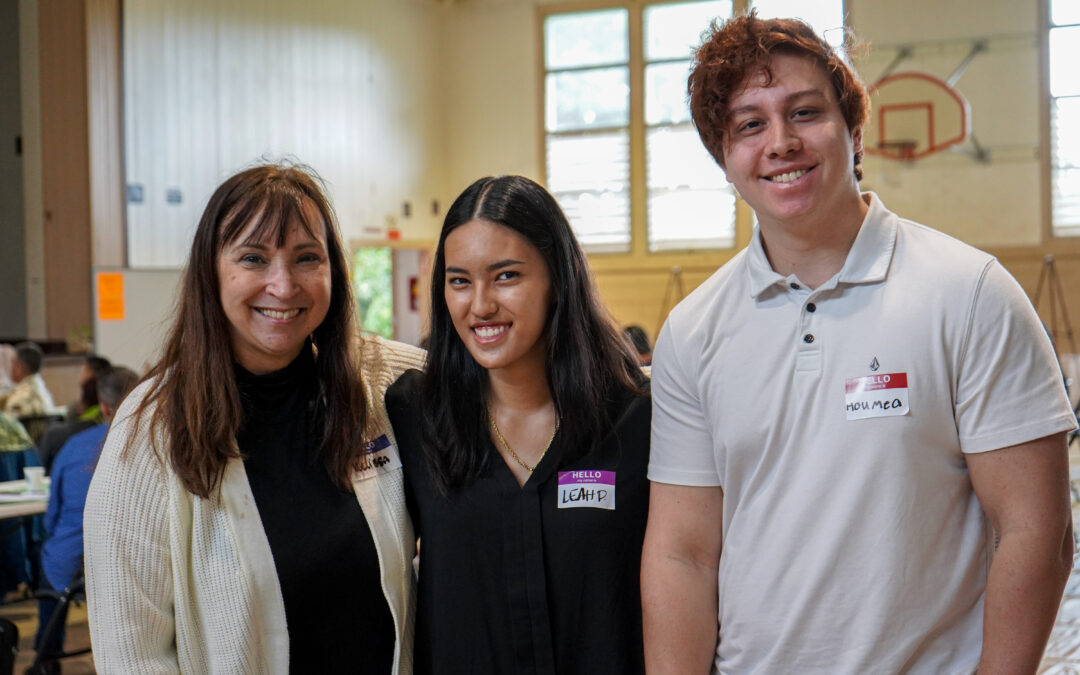Originally shared on Star Advertiser by Haumea Velasco, Leah Delos Santos and Sydney Story, click here to read.
Discipline and a college degree are adult ideas of what students need to succeed. For youth who have a roof over their head and social support, no doubt that’s at least partially true. As policy interns with Opportunity Youth Action Hawai‘i (OYAH), however, we now know that a significant number of Hawaii youth lack both a home and a supportive family. These youth are hungry, homeless or forced into crime. They need more than tough love or lock up. Policy leaders have the chance to make a difference for these youth, known as opportunity youth, in the state Legislature right now.
“Opportunity youth” are children and young adults under the age of 25 who are disconnected from school and work. Life circumstances, such as low family income, parental absence, neglect or abuse, can disrupt a youth’s ability to fully take advantage of these opportunities. Native Hawaiians are disproportionately represented among opportunity youth. According to a recent Point In Time count, over half of all homeless individuals identified as Native Hawaiian or Pacific Islander, although this group only represents roughly 20% of the state’s entire population. Of the houseless population counted, 732 are children. We feel called to speak on their behalf.
We support legislation known as “Youth Right to Housing,” as every child deserves a safe space to stay. Senate Bill 129 and House Bill 470 repeal the sunset date for Act 23 (2021 Session Laws of Hawaii), providing no-cost emergency shelter and related services to a consenting minor. We work closely with the leaders of Residential Youth Services & Empowerment (RYSE), a provider of these
services.
We also support establishing a judicial youth emancipation program — a legal process through which a minor in specific circumstances can be granted the status of an adult, proposed in HB 349. For youth who need to escape a dangerous or abusive household, emancipation can offer independence
and protection from their parents or guardians. Emancipation averts future abuse by preventing the minor from being returned to an abusive environment and allowing them to make decisions about their own wellbeing.
RYSE has sheltered, on an emergency basis, more than 30 unaccompanied minors here in Hawaii. These individuals live independently of their parents and have been making their own decisions about education, employment and health needs. Without the option of emancipation, these youth must remain in temporary shelter settings until they turn 18.
OYAH is a collective of organizations and individuals who share the common goal of enhancing the lives of opportunity youth in Hawaii. Rooted in Native Hawaiian cultural practices, OYAH organizations strive to supplement learning and hard work with Native Hawaiian customs such as malama and aloha ‘aina. Given Hawaii’s rich cultural environment, OYAH organizations take advantage of the unique cultural rehabilitation opportunities and put an emphasis on learning and personal growth.
We hope to see policy leaders who understand the need for success strategies not just for those who are most supported. Opportunity youth are our future, too. Our only choice as a community is to nurture them at every step in their young lives. If we bring them up with unconditional love and unrelenting positive regard, they will do the same for us and our communities.
Haumea Velasco and Sydney Story are first-year law students at the William S. Richardson School of Law, University of Hawaii-Manoa; Leah Delos Santos is a sophomore at UH-Manoa.

